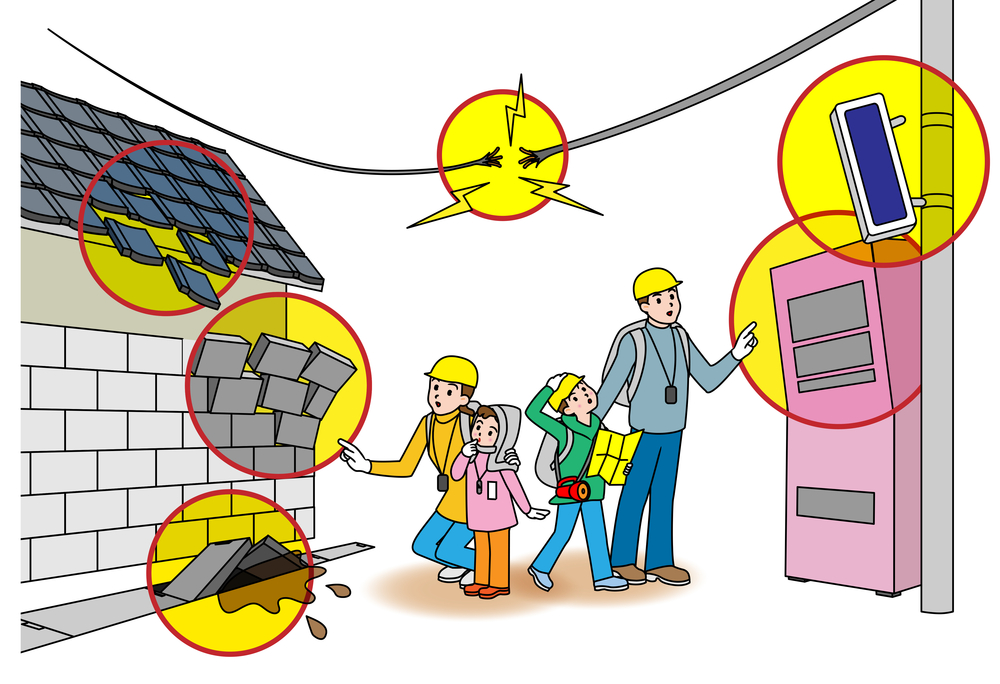
MANILA — An earthquake is the violent shaking of the ground due to seismic waves moving on and below the earth’s surface and causing tremors, vibrations, liquefaction, landslides, aftershocks, and sometimes tsunamis.
Scientists say earthquakes strike suddenly without any warning and cannot be predicted when and where exactly they will occur.
On the heels of the release last week by the Philippine Institute of Volcanology and Seismology (Phivolcs) of the West Valley Fault Atlas, a handbook of large-scale maps showing in detail areas traversed by the major fault line in Metro Manila and neighboring provinces, it is very timely to be always aware on what to do before, during and after the occurrence of an earthquake.
According to the Department of Health (DOH), it is important to identify potential hazards and make early planning to effectively reduce the dangers of serious injuries or great loss of lives from an earthquake.
It has shared in its DOH Health Promo website that as a preparation, the following should be done before, during and after an earthquake:
BEFORE AN EARTHQUAKE
* Develop an emergency plan.
* Familiarize yourself with your place of work or residence.
* Take note of hotlines and emergency numbers to call for help.
* Prepare an emergency supply kit consisting of food, water, clothing, first aid supplies, mobile phone, whistle, flash light and extra batteries.
* Secure heavy furniture and objects, which may break loose and fall during earthquakes.
DURING AN EARTHQUAKE
* Do not panic, remain calm.
If inside a building:
* Do not jump from the building.
* Go to the nearest exit and leave the building as soon as possible.
* If the building is structurally sturdy, stay inside and brace yourself in a doorway or stay beside or underneath sturdy furniture to protect yourself from falling objects.
If outdoors:
* Move to an open area away from nearby buildings, bridges, posts, power lines, and other structures that may fall or collapse.
* If driving, pull over to the side of the road.
* If possible, stay inside the vehicle.
AFTER AN EARTHQUAKE
* Stay calm.
* Check yourself for any injuries.
* Check for injured or trapped people near the affected area.
* Seek medical help if you or others are injured.
* Check for fire, toxic chemical spills, and other hazards in your surroundings.
* Listen to the radio or watch local TV programs for additional information and safety instructions.
* Inspect gas, water, and electric lines for any damage and leak. If in doubt, shut off main switches.
* Evacuate immediately if you smell gas leak and you are not able to shut it off.
* Stay away from damaged buildings.